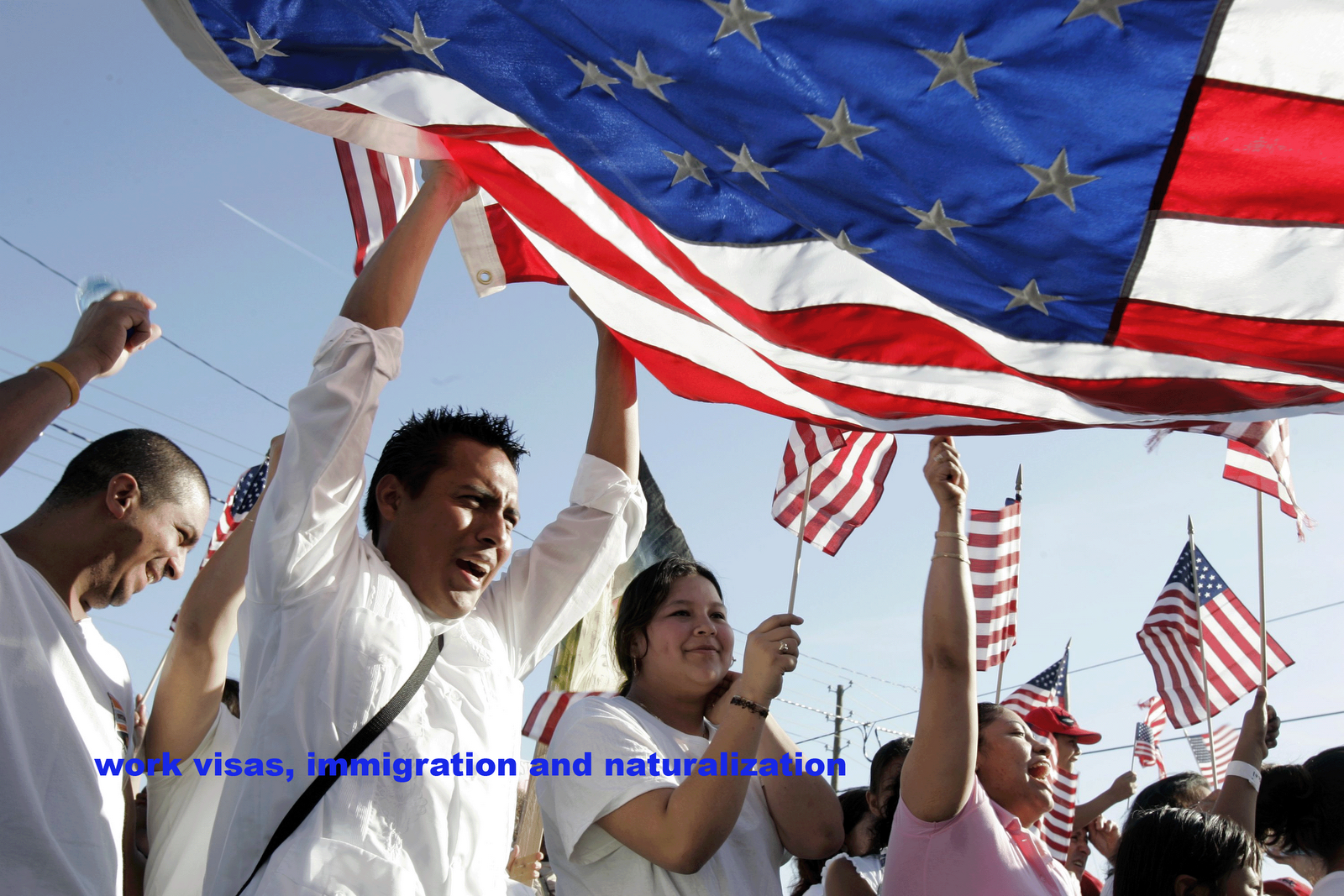During the July 2006 CARICOM Summit, the various leaders reached an agreement on measures to ensure hassle-free movement for visitors to the 2007 Cricket World Cup, as well intelligence sharing and cooperation for the security of the event. People were originally to be able to travel amongst the nine host countries and Dominica between 15 January 2007 and 15 May 2007 using a single CARICOM visa. However, during a meeting in Trinidad and Tobago on 29 December 2006, the Heads of Government decided to push back the creation of the Single Domestic Space to 1 February 2007 in response to representation from tourism ministers and others involved in the tourism industry.
Cruise ship passengers not staying more than 24 hours at any of the 10 Caribbean countries were issued with a CARICOM day pass. However, those who were staying on cruise ships, dubbed "floating hotels" for the duration of the games, were required to obtain a visa unless their countries fell within those that are exempted. Visa abolition agreements between some of the ten Caribbean states concerned and countries whose citizens were then required to obtain CARICOM visas during the Cricket World Cup provided for the suspension of the visa-free policy in such cases.
During the three and a half month period from February to May, the ten Caribbean countries became a "single domestic space" in which travellers only had their passport stamped and had to submit completed entry and departure forms at the first port and country of entry. The entry and departure forms were also standardised for all ten countries. When continuing travel throughout the Single Domestic Space, persons (including those using the common visa) were not required to have their documents processed to clear customs and immigration and did not need to have their passports stamped, but still needed to travel with them. Once passengers arrived at the Immigration Department Desk at the first port of entry, they were provided with a blue CARICOM wristband that identified them for hassle free movement through the single domestic space.
When the single domestic space came to an end on 15 May 2007 nearly 45,000 visas had been issued.
In February 2007 the CARICOM Heads of Government agreed to set up a Task Force to recommend a revised CARICOM Special Visa for the future, making any changes necessary from the experiences of the 3 month Single Domestic Space.


No comments:
Post a Comment